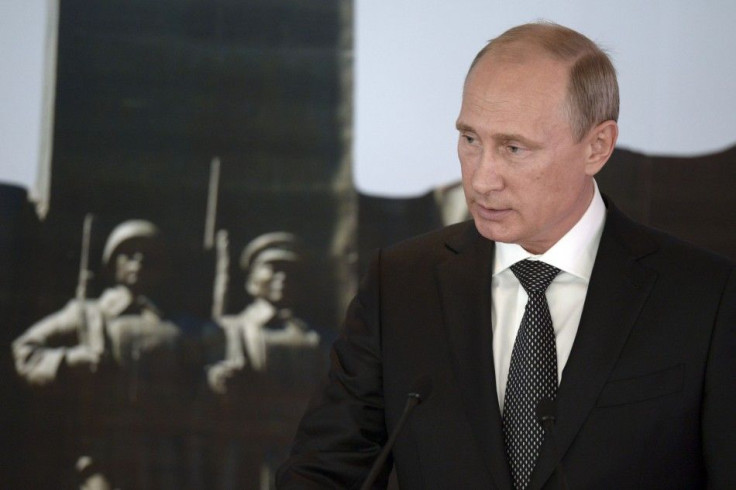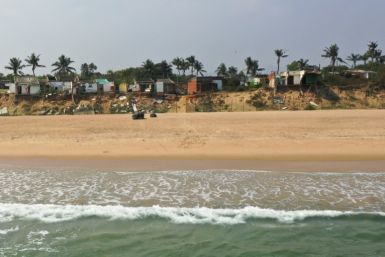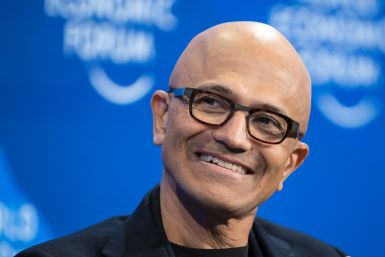EU Slaps New Sanctions On Russia: Makes Ukraine Peace A Condition For Review

The European Union has slapped a new set of sanctions on Russia for its involvement in the Ukraine crisis. But the EU delayed its enforcement by a couple of days to watch out how far the ceasefire in Ukraine is holding, reported Reuters.
The new EU sanctions will gag Russia at the energy front. According to reports, the EU sanctions will be targeting Russia' energy giants such as Rosneft, Gazpromneft and Transneft. It is hoped that the arm twisting will bring about a change in Vladimir Putin's policies on Ukraine. These are semi state companies with 50 per cent stake owned by the Russian state.
The new sanctions will make sure that Russian energy giants can raise funds only for 30 days. They will be effectively cut off from the EU capital markets. The EU actions also target many Russian businessmen who include Putin's close buddies.
For example, oil major Rosneft is owned by Putin's close associate Igor Sechin. Gazpromneft is the production and refining arm of Gazprom. Transeft is into oil transportation. The Russian companies Oboronprom, Uralvagonzavod and United Aircraft Corp will also face tough time in fundraising from the European Union.
But Russia can take some solace that the EU is divided over sanctions on Russia. Countries such as Poland and Baltics are the hard liners. But Hungary and Slovakia are soft on Russia. Despite the ceasefire, Ukraine is still accusing pro-Moscow rebels of fresh attacks in eastern Ukraine. That is why EU President Herman Van Rompuy said the new sanctions would come up for reviewonly if the Ukraine ceasefire was 'durable'. According to him, Russia was reluctant for negotiations and came with great difficulty. "Ceasefire is an important step and EU hopes to see more such steps," Rompuy noted.
Russian Air Space May Close
Hinting Russia's retaliation, Russian Prime Minister Dmitry Medvedev vowed to respond to new sanctions from EU, in an asymmetric way. He said Russia would not hesitate to close its airspace to western air companies who want to fly the Siberian airspace for reaching Asia.
If the sanctions are aiming to harm Russia's energy and financial sector then "'we will respond asymmetrically with restrictions in the transport sector, the PM said. Russia believes many European airline firms will be hit hard if they have to change the routes.






